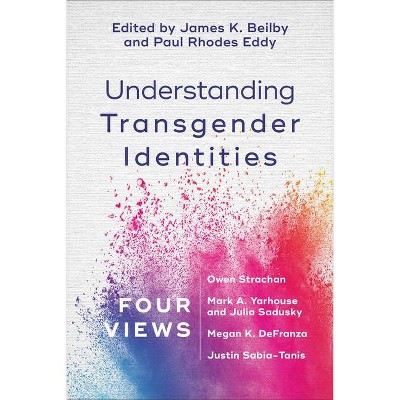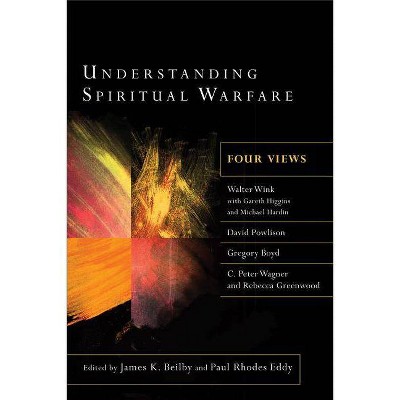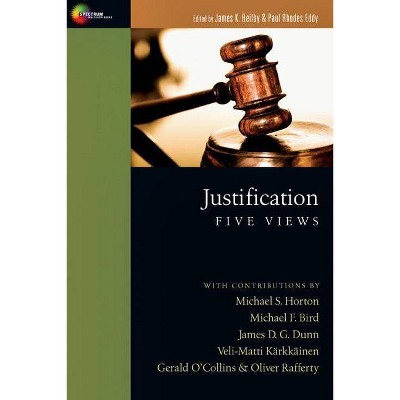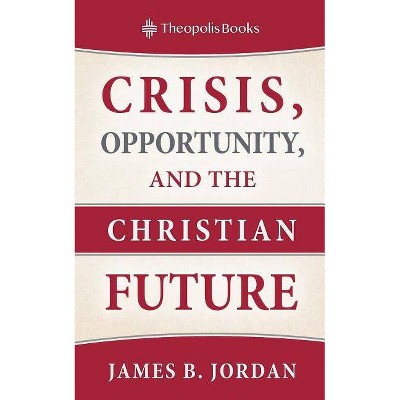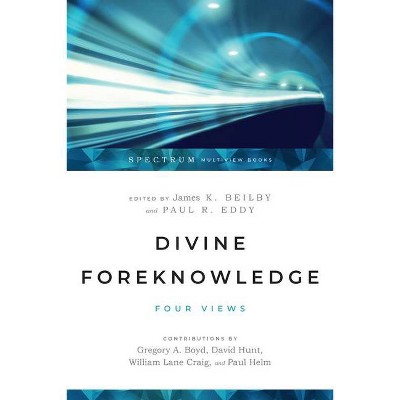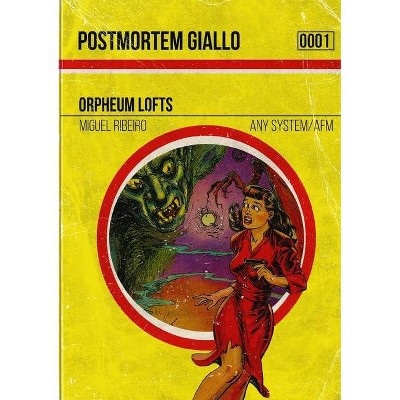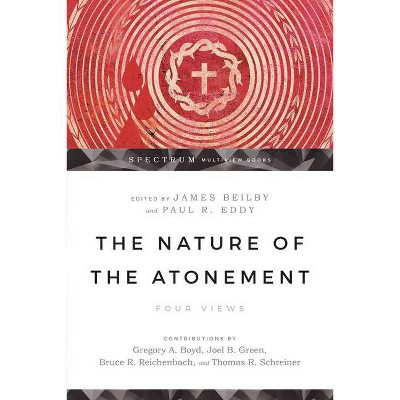Postmortem Opportunity - by James Beilby (Paperback)
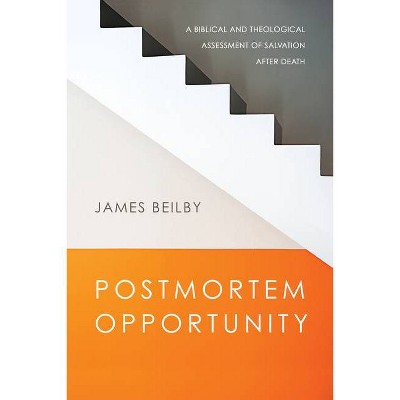
Similar Products
Products of same category from the store
AllProduct info
<p/><br></br><p><b> About the Book </b></p></br></br><p>What happens to those who did not hear the gospel before death, or who heard an incorrect version? What about those who were too young or who were otherwise unable to respond? Examining the biblical evidence and assessing the theological implications, James Beilby offers a careful consideration of the possibility for salvation after death.</p><p/><br></br><p><b> Book Synopsis </b></p></br></br><p> <strong>One of Jesus' most basic commands to his disciples was to tell the world about the good news of his life, death, and resurrection.</strong> From the earliest days of the church, Christians have embraced this calling. But for those Christians who emphasize the need for an active response to the gospel in order to be saved, this raises some difficult questions: What about those who did not hear the gospel before death? Or what about those who heard an incorrect or incomplete version of the gospel? Or what about those who were too young or who were otherwise unable to respond? In light of these challenging questions, theologian James Beilby offers a careful consideration of the possibility for salvation after death. After examining the biblical evidence and assessing the theological implications, he argues that there is indeed hope for faith--even beyond death.</p><p/><br></br><p><b> Review Quotes </b></p></br></br><br><p>Beilby does an admirable job of working through every dimension of how we should understand the fate of those who have died without hearing the saving message of Christ. This is not just a complex and interesting theological question. The answers have emotional and existential importance to those deeply concerned about the eternal status of loved ones. Beilby skillfully draws on exegetical, philosophical, and theological resources to offer his view of Postmortem Opportunity for salvation, both for the unevangelized and the pseudoevangelized. Throughout, the book offers creative alternatives while avoiding speculative conclusions, all the time insisting on the centrality of salvation in Christ.</p>--Steve Wilkens, professor of philosophy and ethics at Azusa Pacific University<br><br><p>Beilby's defense of the controversial idea of postmortem conversion is biblically engaged, theologically robust, and philosophically sophisticated. It is hard to imagine a better or more thorough treatment of this complex set of issues. Indeed, this book is a model of how philosophical theology ought to be done.</p>--Jerry L. Walls, professor of philosophy and scholar in residence at Houston Baptist University<br><br><p>Beilby's scriptural and theological arguments are cogent, careful, and convincing. He does not claim too much for any of the passages but simply shows how those texts that might seem to close the door to Postmortem Opportunity, when considered fully and in context, do not. Beilby's book has convinced me of the plausibility of a Postmortem Opportunity for salvation for those who have not heard at all or have not heard well. Such a suggestion aligns with what I have found to be true of the character of God and enlivening for Christian mission and discipleship.</p>--Amy Peeler, associate professor of New Testament at Wheaton College, author of You Are My Son: The Family of God in the Epistle to the Hebrews<br><br><p>Well-anchored in Scripture and Christian orthodoxy, Jim Beilby's book provides a careful and wise exploration of Postmortem Opportunity. Beilby's book is honest, humble, judicious, and insightful. Even if readers may disagree at points, Beilby will expand their horizons and offer much important food for thought.</p>--Paul Copan, Pledger Chair of Philosophy and Ethics at Palm Beach Atlantic University and author of Loving Wisdom: A Guide to Philosophy and Christian Faith<br>
Price History
Price Archive shows prices from various stores, lets you see history and find the cheapest. There is no actual sale on the website. For all support, inquiry and suggestion messages communication@pricearchive.us
